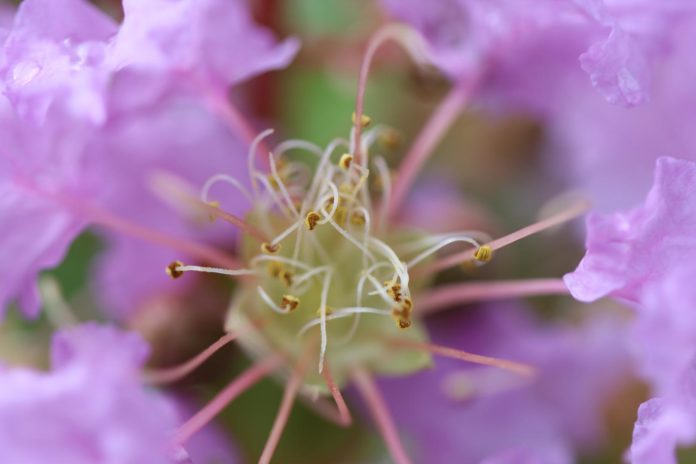Plant Advanced Technologies announces the discovery of a new class of plant enzymes, published exclusively in the scientific journal PNAS1with partners from Kyoto University (Japan) and Université de Lorraine (France).
Plant Advanced Technologies PAT, a plant biotechnology company specializing in the identification, optimization and production of rare plant biomolecules for the cosmetics, pharmaceutical and agricultural plant protection industries, announces the publication in the American journal PNAS of the results of a study in which it participated, investigating a new class of plant defense molecules whose synthesis mechanisms were previously unknown.
Aromatic O-prenyltransferases: new enzymes with unsuspected powers
The discovery concerns a new class of enzymes identified in plants producing highly original natural defense substances (O-prenylated substances). The discovery of these enzymes and their associated defense mechanisms will contribute to a better understanding of the immense chemical diversity present in plants.
A world first thanks to international academic collaboration
This work was carried out within the framework of scientific collaborations between Plant Advanced Technologies PAT, the Laboratoire Agronomie et Environnement (LAE) at the University of Lorraine and the Laboratory for the Study of Plant Gene Expression at Kyoto University. They were made possible by industrial contracts (LAE-PAT) and through the collaborative projects Bioprolor2 (funded by the Grand Est region) and Impact Biomolécules (funded by the I-Site Lorraine Université d'Excellence).
A discovery PAT can exploit in all its markets
The potential of this discovery is very promising, as it provides Plant Advanced Technologies PAT with an additional biotechnological tool for the creation and industrial production of innovative new active ingredients that can be used in the various markets served by Plant Advanced Technologies PAT and its subsidiaries: pharmaceuticals, cosmetics, nutraceuticals and plant protection in agriculture.
Frédéric Bourgaud, Director of Research and Innovation at Plant Advanced Technologies PAT and co-author of the article published in the journal PNAS, explains: "This discovery will enable us to expand the portfolio of molecules we are able to generate. We are already studying the use of these enzymes in the industrial processes of Plant Advanced Technologies PAT, in particular within our subsidiary (100%) Cellengo, which produces rare molecules with high added value through fermentation processes. Cellengo's know-how is a unique asset for exploiting this discovery to offer future remarkable active ingredients for industrial use."
1 Proceedings of the National Academy of Sciences of the United States of America (PNAS)








